Two Eggs a Week
Madre Admirable, a school in the El Agustino barrio of Lima, Peru, serves 1500 students, aged 5-18. The children, who live in pockets of poverty throughout the northern barrios of the city, find refuge in this oasis of learning.
Every student educated at Madre Admirable works hard – and not only on school courses. A typical day begins at 3:30 a.m. when most students get up to prepare the food their parents will sell as vendors on streets throughout Lima. The kids kill chickens, pluck feathers, and deep fry the wings, legs, and breasts that will be sold to support their families, most of whom live in poverty.
The children usually finish their familial duties by 5:30 a.m., return home, wash, put on their uniforms and go to school. They attend a full day of classes, participate in afterschool activities, such as dance and art, do their homework, and return home after 8:00 p.m. The daily schedules of these Peruvians would exhaust most American students.
The mission of Madre Admirable is simple: purposeful education. The school offers children moral values, teaches them a trade, and exposes them to Peruvian cultures through music and dance.
During her lifetime, Hermana (Sister) Maria guided students toward fulfillment of this mission from her wheelchair. The feisty nun, named “Maria el soñador” (the dreamer), literally fought city hall to keep the streets surrounding her school safe from the gangs, drug dealers, and petty criminals that are common fixtures in the daily lives of the children.
But Hermana Maria knew that neighborhood safety was only one way to protect the children. Once the students arrived at school, many of them were hungry. She initiated a lunch program at her school for the poorest of the poor children – usually their only full meal during an 18-hour day. But all too often school lunches do not contain enough protein to help these malnourished children grow into strong adults. Knowledge Without Borders asked what would most benefit “her kids,” and Hermana Maria gave a one-word answer, “eggs.” Actually, she said “two eggs.”
“Two eggs a day?”
“No, two eggs a week.”
She quickly did the math in her head: two eggs a week would cost the school 4500 soles, or about $1500 a school year. Two eggs a week – that’s 98 cents a day – less than we pay for a bottle of water or a large candy bar.
“For eggs?”
“Yes, just two eggs a week to give the children the protein they need for work, study, and play.”
And that is how the “Two Eggs a Week” project began in 2007. Knowledge Without Borders annually donates $1500 to help improve the nutrition of Madre Admirable’s poorest students. Hermana Maria is no longer with us. But the dreamer lives on through “Two Eggs a Week.”
With the Lima project stable, Knowledge Without Borders™ initiated the Nourish to Flourish project in Arequipa, Peru with our partners, Edgewood College in Madison, Wisconsin. Read about our Nourish to Flourish project and potential partnerships.
Related News
The Cornell University student group HELP (Health, Education, Love and Protection) for Children has raised $500 to Two Eggs a Week. The gift will contribute to the costs of providing protein-rich meals for the poorest children at the Madre Admirable School in the El Agustino section of Lima, Peru.
The Cornell group, which consists of globally conscious students of different disciplines and backgrounds, is dedicated to the creation of an international platform on issues concerning vulnerable children who are at risk, particularly poor children suffering from malnutrition.
Thank you Cornell.
If your high school, college or university wants to help these Peruvian children, please contact Karen Collias, [email protected].
Proyecto “Dos Huevos a la Semana”
El Centro de educación gratuito Madre Admirable, es un colegio llamado simplemente El Agustino, por su localización en un barrio (el cerro) de Lima, Perú, llamado por el mismo nombre. El colegio sirve a 1500 alumnos, entre los 5 a 18 años de edad. Los niños que viven en focos de la pobreza por los barrios norteños de la ciudad, encuentran un refugio en este oasis de aprendizaje.
La misión del colegio en El Agustino es sencillo: la educación con propósito. El colegio les ofrece a los alumnos valores morales, les enseña a cada uno un oficio, y les expone a la variedad de culturas peruanas a través de la música y el baile.
Desde su silla de ruedas, la Hermana María Vásquez de Velasco les guía a los alumnos de El Agustino hacia le realización de la misión. Esta religiosa valiente literalmente lucha contra el poder político para mantener las calles seguras, que circundan su colegio, contra las pandillas, los traficantes de droga, y ladrones que son comunes en la vida cotidiana de los jóvenes.
Cada alumno educado en El Agustino trabaja mucho-y no sólo en sus materias escolares. Un día típico comienza a las 3:30 de la mañana cuando la mayoría de ellos se levantan para preparar la comida que sus padres venderán como vendedores ambulantes en las calles por todo Lima. Los chicos despluman y matan los pollos, y fríen los pechos y las alas y piernas que después se venderán para sustentar a sus familias, la mayoría de las cuales viven en la pobreza.
Los chicos suelen terminar sus deberes familiares para las 5:30 de la mañana, volver a casa, asearse, vestirse el uniforme colegial y salir para el colegio. Asisten a un día completo de clases, participan en actividades extra-curriculares, como de artes y danzas, hacen sus tareas asignadas, y vuelven a casa después de las 8:00 de la noche. Hay muy pocos alumnos norteamericanos que aguantarían el horario de estos alumnos peruanos.
Se sirve almuerzo en el colegio. Es la única comida completa que los chicos comerán durante sus días de 18 horas. Pero, con mucha frecuencia los almuerzos no contienen la cantidad de proteína que les hace falta a estos chicos-la mayoría de los cuales son malnutridos-para crecer y desarrollar y llegar a ser adultos fuertes y útiles a la sociedad. Cuando se le pregunta a la Hermana María, qué les beneficiarían más a “sus chicos”, ella contesta con una sola palabra, “huevos.”
“De hecho,” dice serenamente, “dos huevos.”
“¿Dos huevos al día?”
“No,” contesta, “dos huevos a la semana.”
Rápidamente hace los cálculos en su cabeza: dos huevos a la semana le costaría al colegio 4500 soles peruanos, o sobre US$1500 al año escolar.
“¿Por huevos?”
“Sí, sólo dos huevos a la semana, por alumna/o, les daría la proteína que les hace falta para trabajar, estudiar, y jugar.”
Dos huevos a la semana-eso equivale a 98 céntimos de un dólar al día-menos que lo que se paga por una botella de agua mientras se ejercita en el gimnasio, y menos que una merienda de una barra de chocolate, o una bolsita de “M & M.”
Al momento unos estudiantes norteamericanos de los estados de Maryland y Nueva Jersey han oído y han respondido al pedido modesto de la Hermana María. Ellos están desarrollando ideas de proyectos que recaudarán fondos, utilizando el internet para pasar la voz. Un colegio en Princeton, NJ, ya ha recaudado casi US$1500 a través de proyectos de su gobierno estudiantil. Otro colegio en Bethesda, Maryland, está vendiendo pulseritas amarillas inscritas con “Two Eggs a Week,” y donará el dinero que recauden a El Agustino.
Estos alumnos norteamericanos están aprendiendo sobre el mundo y practicando la ciudadanía global ayudando a los alumnos peruanos a realizar sus sueños-con huevos, sólo dos huevos a la semana.
Si a usted le interesa asociarse a este esfuerzo, entre a su cuenta de “Facebook” donde encontrará el grupo “Two Eggs a Week.”
Meet our translator
Mary Anne Guerrero, M.A., is the official Spanish translator for the Knowledge Without Borders website. Mary Anne has more than thirty years of teaching and translating experience. She has worked in the United States, several Latin American countries, including Peru and Brazil, and Spain.

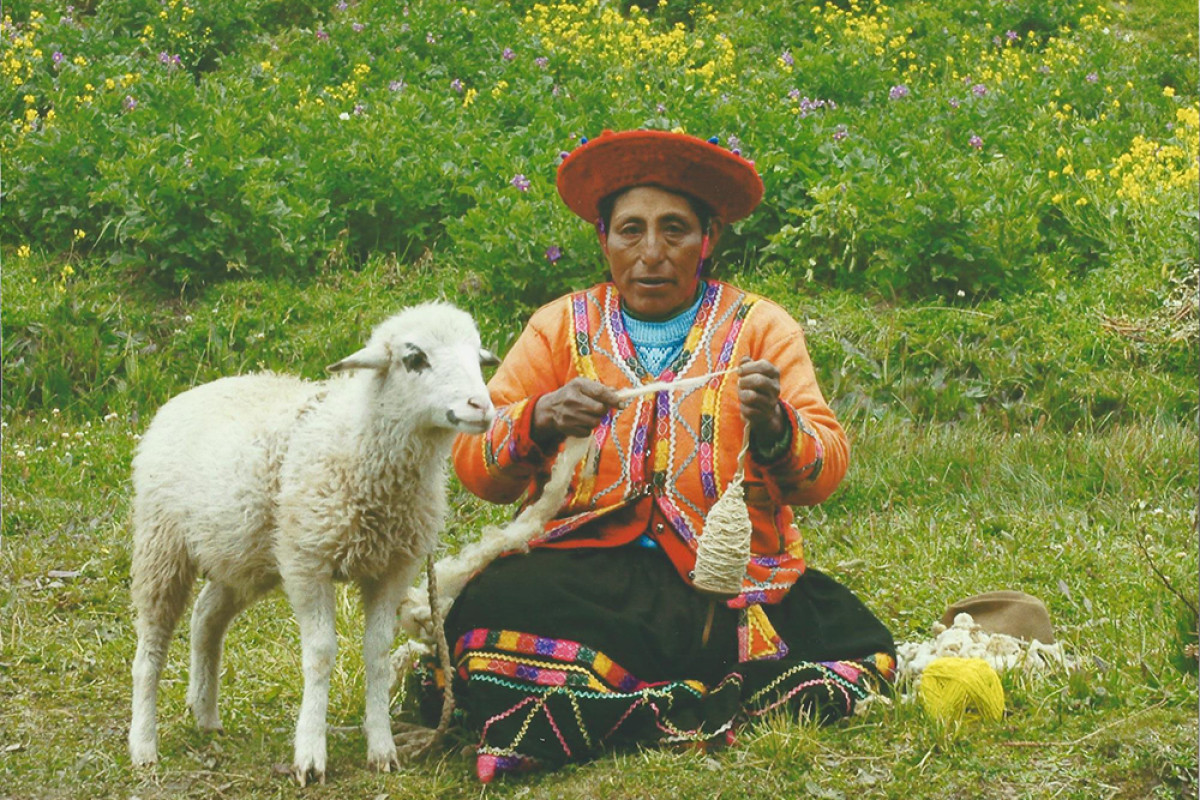
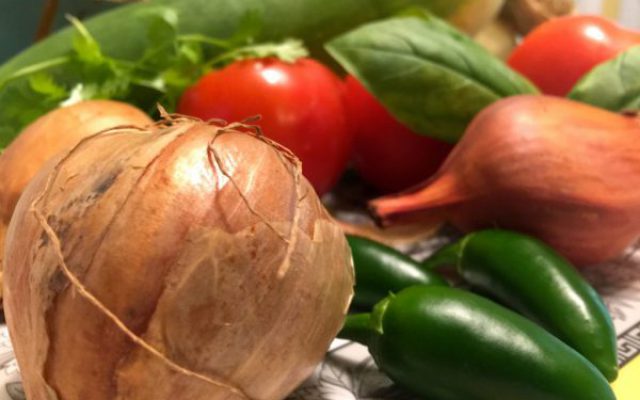
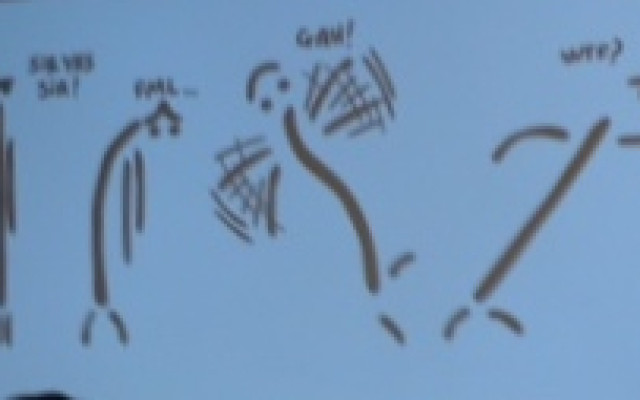
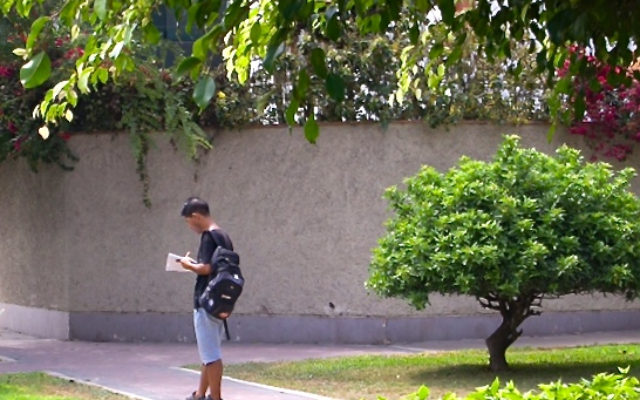
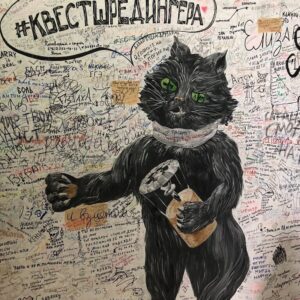
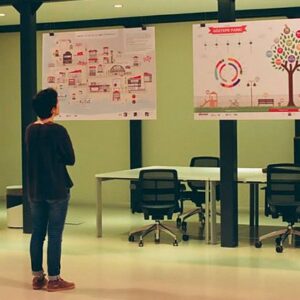


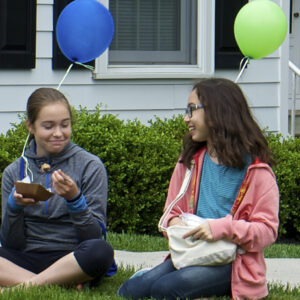

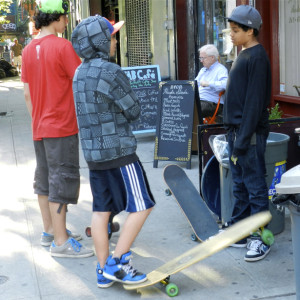
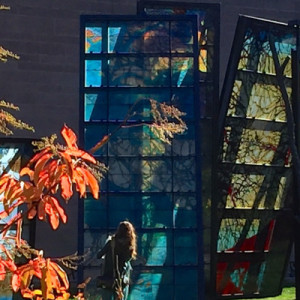
No Comments Yet!
You can be first to comment this post!